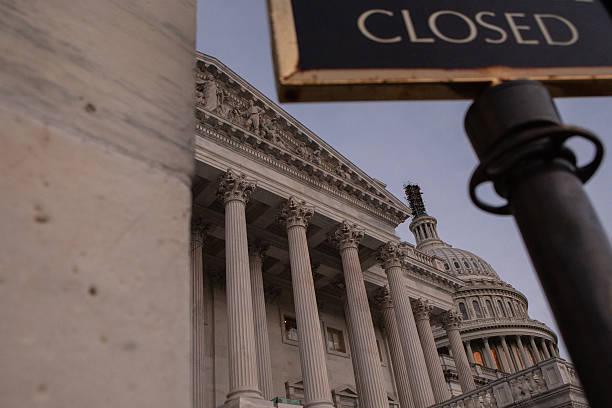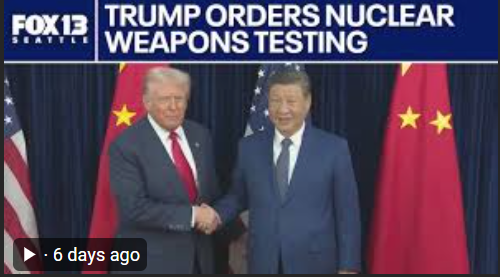Forever 21 has filed for Chapter 11 bankruptcy protection for the second time in its history and plans to liquidate its U.S. business as traffic in shopping malls declines and competition from online retailers like Amazon, Temu, and SHEIN intensifies. The move signals another major shake-up in the fast fashion industry as traditional brick-and-mortar stores struggle to compete in an increasingly digital marketplace.
F21 OpCo, which operates Forever 21 stores, announced that it will wind down its business in the U.S. under Chapter 11 protections while determining if it can continue operations with a partner or sell some or all of its assets to a rival company. “While we have evaluated all options to position the company for the future best, we have been unable to find a sustainable path forward, given competition from foreign fast fashion companies, which have been able to take advantage of the De Minimis Exemption to undercut our brand on pricing and margin,” said Chief Financial Officer Brad Sell at F21 OpCo.
The De Minimis Tax Exemption is a U.S. law that allows shipments valued at less than $800 dollars to enter the country tax and duty-free. This exemption has been leveraged by Forever 21 and other fast fashion retailers to import inexpensive Chinese clothing. However, the influx of low-cost goods from overseas competitors has strained Forever 21’s ability to maintain profit and relevance. In February, Donald Trump and his administration repealed the De Minimis Tax Exemption, leading to disruptions for customs inspectors, postal services, and retailers.
Forever 21 has filed for bankruptcy with over $1.5 billion in debt after losing $400 million in the past three years, including $150 million in 2024 and an additional $150 million in 2025 according to bankruptcy proceedings.
As part of bankruptcy proceedings, Forever 21 stores in the U.S. will hold liquidation sales. The website will continue to operate during the process. The retailer’s international locations will also continue to operate, as they are run by a separate company and are not included in the bankruptcy filings. These stores and websites will continue to run under the Authentic Brands Group, which owns the international IP of Forever 21.
Jarrod Weber, global president of Authentic Brands Group, stated that this restructuring will allow Forever 21 to “accelerate the modernization of the brand’s distribution model, setting it up to compete and lead in fast fashion for decades to come.” He also mentioned that the company has received strong interest from potential brand operators who share a vision for its future.
Forever 21 first filed for bankruptcy in 2019. The following year it was acquired by a consortium including Authentic Brands Group, Simon Property Group, and Brookfield Property Partners. This consortium of companies would become the Sparc Group. In early 2024, its parent company Sparc Group would merge with JCPenney to form Catalyst Brands, a new entity that also includes Aéropostale, Brooks Brothers, Eddie Bauer, Lucky Brand, and Nautica.
However, as Catalyst Brands has faced significant financial struggles as brick-and-mortar retail continues to decline, the pressure of rising costs, shifting consumer preferences to online, and increased competition from those online retailers has made it difficult for the group to maintain financial stability.
The bankruptcy of Forever 21 now raises concerns about the viability of the Catalyst Brands group and its ability to be profitable in the long run.
Forever 21 now joins a growing list of retailers that have filed for Chapter 11 bankruptcy liquidation due to declining consumer spending and rising costs amid inflation and tariffs. Other recent bankruptcies include Joann Inc., Party City, and Liberated Brands, which operated stores for Quiksilver, Billabong, and Volcom before announcing plans to shutter its U.S. locations.
















